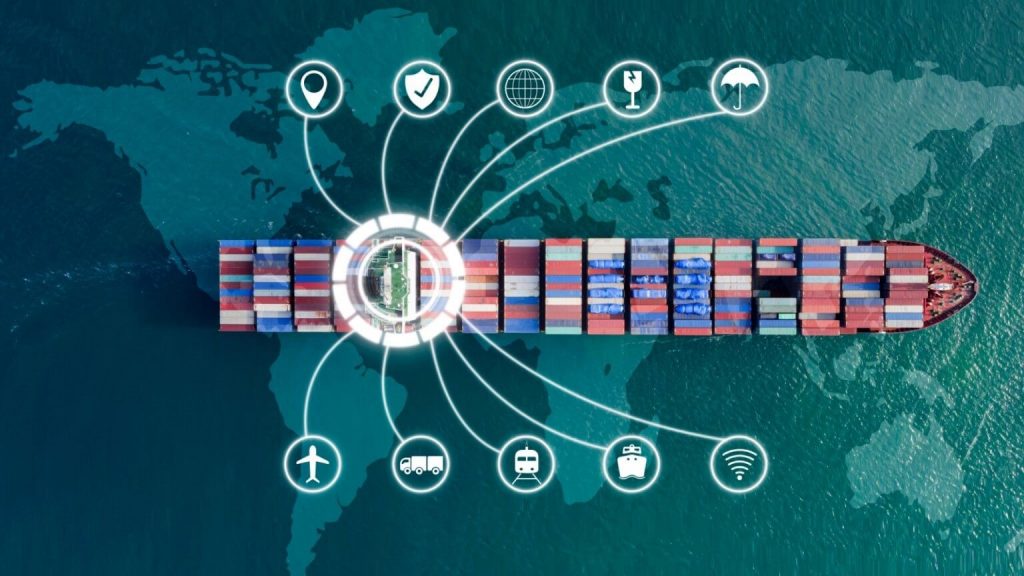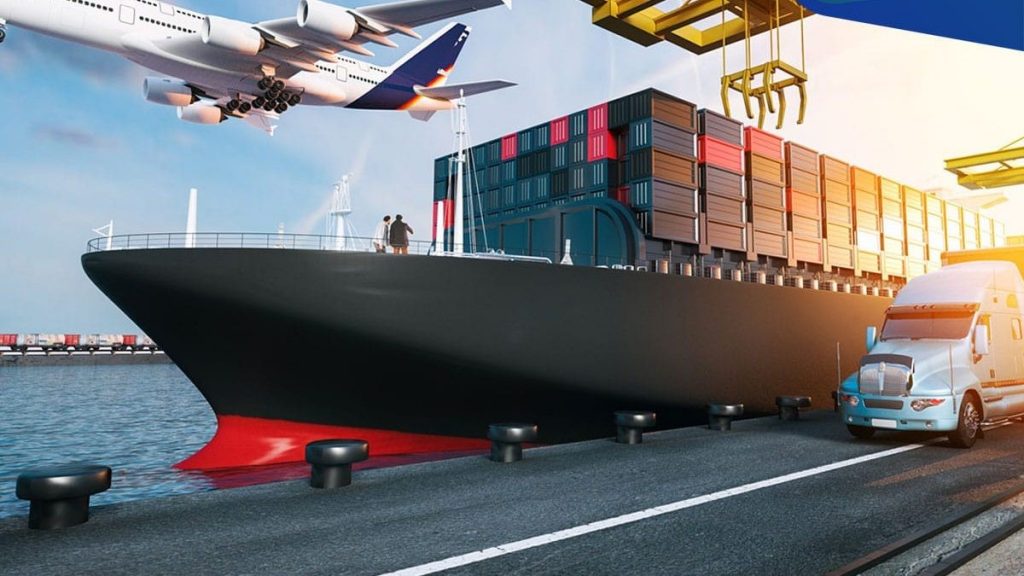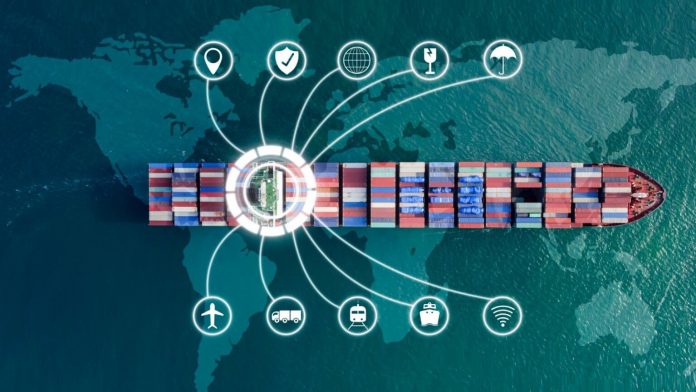The maritime supply chain is the backbone of global trade it is a complex and interconnected network of ships, ports, logistics, and technology that enables the movement of goods across the world. It plays a pivotal role in meeting the demands of governments, corporations, and individuals by ensuring the timely and efficient transport of a wide range of goods to be accessible to consumers worldwide.

Image credit: Moglix Business
The efficient operation of the maritime supply chain is essential for maintaining the reliability of goods and services. Ensuring its resilience is vital to avoid supply chain disruptions, which can impact industries, economies, and daily life. Disruptions in the maritime supply chain, as witnessed during the COVID-19 pandemic, can lead to shortages, increased costs, and economic instability. Governments and businesses must focus on risk mitigation and adaptation strategies to ensure continuity. In an increasingly interconnected world, where products and resources are sourced from multiple countries, the maritime supply chain plays a key role in enabling global citizens to access various goods and services.
The importance of transport logistics management in the maritime industry cannot be overstated, as it plays a pivotal role in ensuring the smooth operation of the global supply chain, The maritime industry is increasingly looking for talent with expertise in transport economics and logistics services. The ongoing digitalization of ports and the integration of advanced technologies in the maritime supply chain have created a demand for professionals with specialized skill sets. The future of the maritime supply chain is indeed poised for significant changes and developments, The future of the maritime supply chain is marked by significant technological advancements, including automation, digitalization, and the incorporation of cutting-edge technologies like IoT, blockchain, and artificial intelligence. These innovations promise to boost efficiency, reduce errors, and optimize operations, resulting in enhanced cost-effectiveness and transparency within the fiercely competitive global trade landscape.

Image credit: H Group
Sustainability is a prominent concern in the global marketplace, alongside the push for mass production and faster service. Both government regulations and consumer preferences are pressuring businesses to adopt more environmentally-friendly practices. Corporations are reshaping their business models to embrace green supply chains. In maritime shipping, the primary focus is on reducing fuel emissions and exploring alternative fuels. Simultaneously, the industry is addressing ship recycling, safe handling of hazardous materials, and efforts to decrease acoustic pollution. Port operations are also adapting to address sustainability concerns, including noise reduction, and minimizing dredging activities.
The global maritime logistics industry confronts several challenges affecting its profitability and efficiency delays and congestion due to factors like weather, vessel scheduling issues, and infrastructure limitations. The large volume of goods transported at sea makes the supply chain vulnerable to criminal activities like smuggling, piracy, and theft. Security measures, such as cargo screening, personnel background checks, and surveillance systems, are employed to mitigate these risks. Climate change concerns drive the need for more sustainable practices. Achieving sustainability requires substantial investments in infrastructure, new technologies, and regulatory changes to promote environmentally friendly practices.

Image credit: Getty Images
Addressing these challenges necessitates collaboration among stakeholders, including industry associations, shipping companies, governmental agencies, and port authorities. This cooperation is crucial to ensure the continued success and growth of the container shipping business, marine transport, and the logistics industry in the digital age, where data management plays a critical role.
Author: Memon Faizal, Junior Engineer




